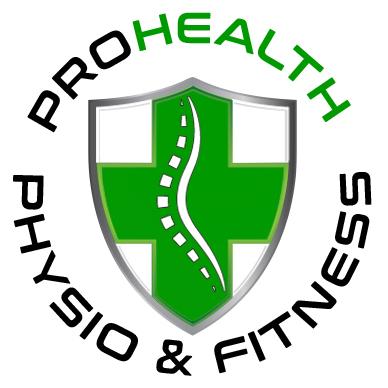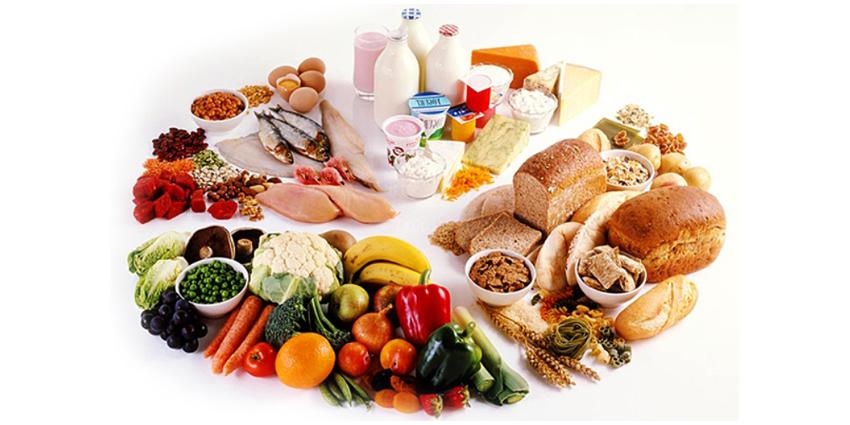An often overlooked aspect when training or playing sports is the important role diet plays with injury prevention and recovery. While exercise undoubtedly plays a significant part, what we put into our bodies can have a profound impact on our ability to heal and bounce back from injuries. Whether you're a professional athlete, a weekend warrior, or someone simply looking to stay active and healthy, understanding the relationship between diet and injury is essential for maintaining overall well-being.
Nutrition: A Foundation for Healing
The body's ability to repair itself after injury is reliant upon proper nutrition. Nutrients such as protein, carbohydrates, fats, vitamins, and minerals play important roles in various physiological processes, including tissue repair, inflammation control, and immune function.
- Protein: Often hailed as the building block of muscles, protein is essential for tissue repair and regeneration. Consuming an adequate amount of protein can help rebuild damaged muscle fibres and promote recovery. Good sources include lean meats, poultry, fish, eggs, dairy products, legumes, and plant-based sources like tofu and tempeh
- Carbohydrates: While protein gets much of the attention in the realm of sports nutrition, carbohydrates are equally important, especially for athletes and active individuals. Carbs serve as the primary fuel source for muscles during exercise and also play a role in replenishing glycogen stores post-workout. Opt for complex carbohydrates like whole grains, fruits, vegetables, and legumes to provide sustained energy and support recovery
- Healthy Fats: Incorporating healthy fats into your diet can help reduce inflammation and support overall joint health. Omega-3 fatty acids, found in fatty fish like salmon, walnuts, flaxseeds, and chia seeds, have been shown to possess anti-inflammatory properties, which can aid in the recovery process
- Vitamins and Minerals: Certain vitamins and minerals play crucial roles in wound healing and tissue repair. Vitamin C, for example, is necessary for collagen synthesis, a protein essential for connective tissue repair. Vitamin D is involved in bone health and immune function, while minerals like calcium, magnesium, and zinc also contribute to various aspects of the healing process
Hydration: The Unsung Hero
In addition to solid nutrition, proper hydration is paramount for injury recovery. Water is involved in nearly every bodily function, including nutrient transport, temperature regulation, and waste removal. Dehydration can impair these processes and hinder the body's ability to repair itself efficiently. Aim to drink adequate fluids throughout the day, especially during and after exercise, to support optimal recovery.
Inflammation Management
Inflammation is a natural response to injury, but chronic or excessive inflammation can delay healing and prolong recovery time. Certain foods possess anti-inflammatory properties and can help manage inflammation within the body. Incorporating foods rich in antioxidants, such as berries, leafy greens, nuts, and seeds, can help combat oxidative stress and reduce inflammation. Additionally, spices like turmeric and ginger have been shown to have potent anti-inflammatory effects and can be easily incorporated into meals or consumed as supplements.
Individual Needs and Considerations
It's important to recognize that nutritional needs vary among individuals, and there is no one-size-fits-all approach to diet and injury recovery. Factors such as the type and severity of the injury, overall health status, activity level, and dietary preferences all influence nutritional requirements. Consulting with a registered dietitian or sports nutritionist can help tailor a nutrition plan specific to your needs and goals, ensuring optimal support for injury recovery and overall well-being.
Food For Thought...
The relationship between diet and injury recovery is undeniable. By prioritizing nutrient-dense foods, staying adequately hydrated, and managing inflammation through diet, individuals can optimize their body's ability to heal and recover from injuries. Whether you're rehabilitating from a sports-related injury or simply looking to support your body's natural repair processes, paying attention to what you eat can make a significant difference in your recovery journey. Remember, food is not just fuel; it's medicine for the body and soul.
Need help?
Contact our friendly team to discuss.
For further information, please refer:
Source: National Library of Medicine
Title: Rehabilitation Nutrition for Injury Recovery of Athletes: The Role of Macronutrient Intake
Read Time: 5-10 minutes

